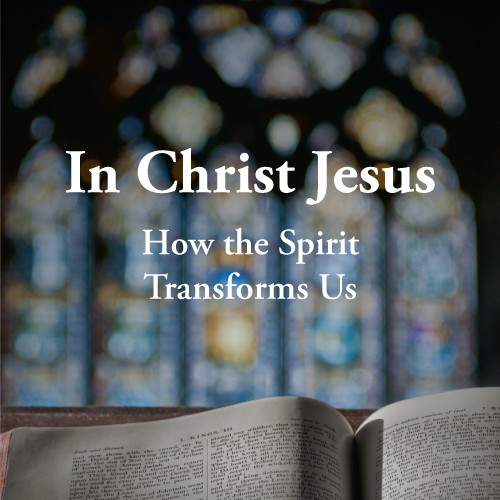
Sermon
To Be Called Your Son
Tim Keller | October 19, 2008
Overview
This great parable of the prodigal son teaches us many insights as to how the grace of God affects our relationships with each other, how it creates a unique community, a unique human society. Today we’re focusing on the theme of sonship. What did sonship mean in ancient culture? What does sonship mean in the Bible? We have to understand this if we’re going to grasp not only the narrative in the text but some of the greatest information we can get about what God has given to us through Jesus. Let’s take a look at these four things: the character of sonship, the practice of sonship, the community that results from sonship, and the accomplishment of sonship.




